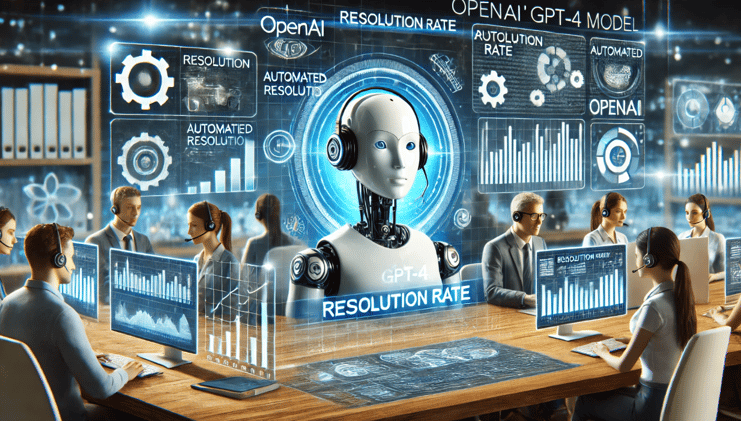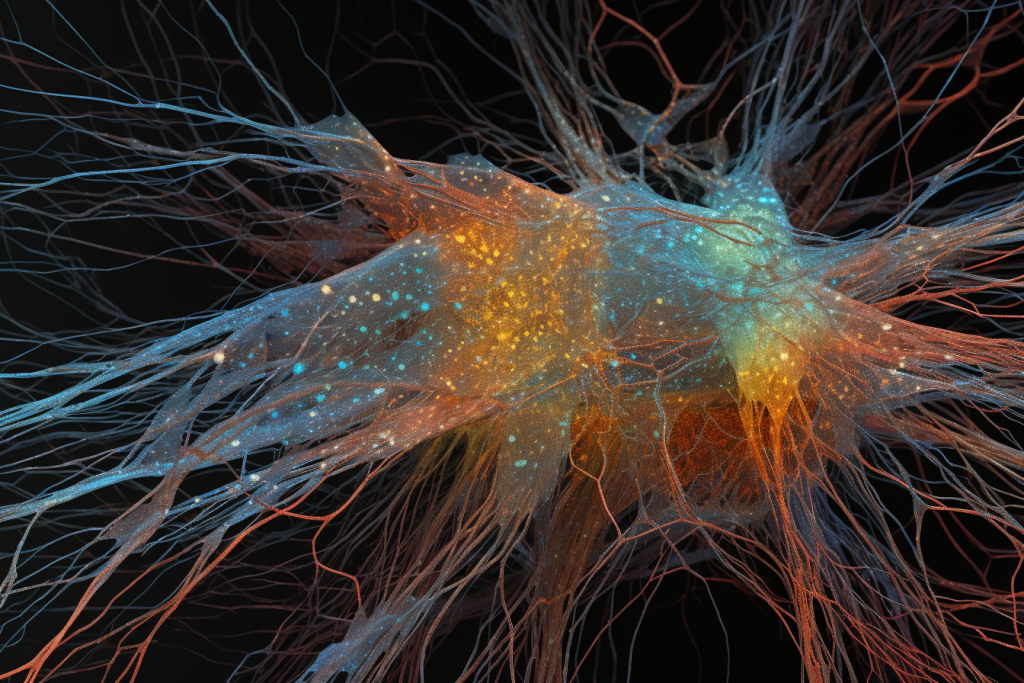As climate change’s devastating impacts become increasingly evident, the world urgently requires innovative solutions to mitigate this global crisis. Deep learning, a subset of artificial intelligence (AI), is transforming our approach to combating climate change.
Harnessing Deep Learning to Analyze Climate Data
Deep learning algorithms, which resemble the human brain’s data processing, are invaluable in analyzing complex climate data and providing actionable insights. By processing vast information, AI can detect patterns and trends that might otherwise go unnoticed, enabling researchers to devise more effective strategies to tackle global warming.
Key Applications of Deep Learning in Climate Change
Deep learning and artificial intelligence are revolutionizing our approach to combating climate change by providing invaluable insights and solutions that accelerate the global fight against this existential crisis. Key applications include:
-
Climate Modeling:
One of the most promising applications of deep learning in climate change is climate modeling. AI-powered models can predict the impacts of various factors, such as greenhouse gas emissions and deforestation, on global temperatures and weather patterns. These predictions help policymakers make better decisions about addressing climate change. -
Optimizing Renewable Energy Systems:
AI plays a crucial role in optimizing renewable energy systems. Deep learning algorithms can predict fluctuations in energy supply and demand, ensuring efficient use of energy from solar panels and wind turbines. This maximizes the potential of renewable energy sources and reduces our reliance on fossil fuels. -
AI in Agriculture:
AI-powered systems assist farmers in adapting to climate change challenges. Machine learning models can analyze weather data and soil conditions, enabling farmers to optimize crop yields and reduce water usage. This is particularly important as droughts and extreme weather events become more frequent due to global warming. -
Carbon Capture and Storage (CCS):
AI is making significant strides in carbon capture and storage. Deep learning algorithms identify optimal locations for carbon sequestration and improve existing carbon capture technologies’ efficiency. -
Raising Awareness:
AI can be instrumental in raising awareness about climate change by making information more accessible and engaging. AI-powered data visualization tools help communicate complex climate data to the general public, fostering a greater understanding of the issue’s urgency.
AI-Powered Climate Modeling
AI-powered models are capable of simulating complex interactions between the atmosphere, oceans, and land surfaces. These models can project future climate scenarios based on various assumptions about greenhouse gas emissions, deforestation rates, and other factors. By providing accurate predictions, these models help policymakers develop effective strategies to mitigate climate change.
Moreover, deep learning algorithms can improve the resolution of climate models, allowing for more detailed simulations of regional weather patterns. This enhanced accuracy enables researchers to identify areas that are likely to experience extreme weather events and take preventive measures.
Optimizing Renewable Energy Systems with AI
AI-powered renewable energy systems can predict fluctuations in energy supply and demand, ensuring efficient use of energy from solar panels and wind turbines. For example, deep learning algorithms can analyze historical data on energy production and consumption to predict future trends. This allows operators of renewable energy systems to optimize their operations in real-time.
In addition to predicting energy usage, AI can also help identify opportunities for reducing waste. For instance, machine learning models can analyze data from solar panels to detect inefficiencies or anomalies, enabling system operators to address them promptly. Similarly, AI-powered algorithms can optimize the performance of wind turbines by analyzing data on turbulence and other factors.
AI in Agriculture: Adapting to Climate Change Challenges
AI-powered systems assist farmers in adapting to climate change challenges. Machine learning models can analyze weather data and soil conditions, enabling farmers to optimize crop yields and reduce water usage. For example, AI-powered sensors can monitor soil moisture levels in real-time, allowing farmers to avoid overwatering or under watering crops.
Moreover, AI can help farmers make informed decisions about which crops to plant and when. By analyzing historical climate data and market trends, machine learning models can recommend crops that are likely to yield high returns while minimizing the risk of crop failure due to extreme weather events.
Deep Learning for Carbon Capture and Storage
AI is making significant strides in carbon capture and storage. Deep learning algorithms identify optimal locations for carbon sequestration and improve existing carbon capture technologies’ efficiency. For example, AI-powered sensors can monitor CO2 levels in real-time, enabling operators to take corrective actions if CO2 levels exceed safe thresholds.
Moreover, deep learning algorithms can optimize the placement of carbon capture devices within industrial facilities. By analyzing data on airflow patterns and device performance, AI can identify locations where carbon capture systems will be most effective. This helps reduce the overall cost of carbon capture initiatives while maximizing their impact.
Raising Climate Change Awareness with AI
AI-powered data visualization tools help communicate complex climate data to the general public, fostering a greater understanding of the issue’s urgency. For example, machine learning models can generate interactive visualizations that illustrate the impacts of climate change on ecosystems, weather patterns, and human health.
These visualizations can be used in educational campaigns to raise awareness among policymakers, business leaders, and the general public about the importance of taking action to address climate change. Additionally, AI-powered social media platforms can help spread awareness about climate change by engaging with users who are most likely to take action, such as adopting sustainable lifestyles or supporting green technologies.
In conclusion, deep learning is playing an increasingly important role in addressing climate change through its applications in climate modeling, renewable energy optimization, agriculture, carbon capture and storage, and raising awareness. By leveraging the power of AI, we can develop innovative solutions to some of the most pressing challenges facing our planet today.



